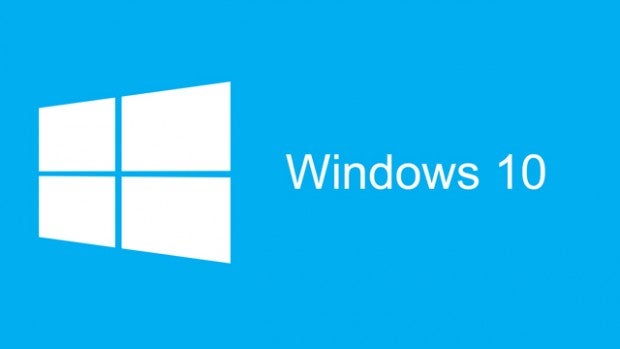Microsoft: Future processors will only work with Windows 10

Microsoft has suggested that future processors from the likes of Intel, AMD, and Qualcomm will only work with Windows 10.
Pretty soon, your choice of Windows OS could be hard-wired into the very PC hardware you buy. Microsoft recently updated its support policy to outline the effect that forthcoming silicon innovations will have on Windows users.
It seems future chips from Intel, AMD, and Qualcomm will not work with Windows 7 or Windows 8.
“Going forward, as new silicon generations are introduced, they will require the latest Windows platform at that time for support,” says Microsoft.
“For example, Windows 10 will be the only supported Windows platform on Intel’s upcoming ‘Kaby Lake’ silicon, Qualcomm’s upcoming ‘8996’ silicon, and AMD’s upcoming ‘Bristol Ridge’ silicon,” it adds.
According to Microsoft, such a move enables it “to focus on deep integration between Windows and the silicon, while maintaining maximum reliability and compatibility with previous generations of platform and silicon.”
Windows 7 and Windows 8 will continue to be supported and updated by Microsoft for many years yet, but they will only be able to operate on currently available hardware. The next wave of laptops and PCs simply won’t be capable of running these older operating systems, it seems.
Related: Best laptops 2016
In fact, Intel’s sixth generation Skylake processors are the first to make this Windows 10-exclusive move, so the accelerated obsolescence of Microsoft’s older operating systems has already begun.
(apester:56656c0eb8db3ddc5ee6061c)
Is this Microsoft’s most aggressive Windows 10 upgrade push yet?


